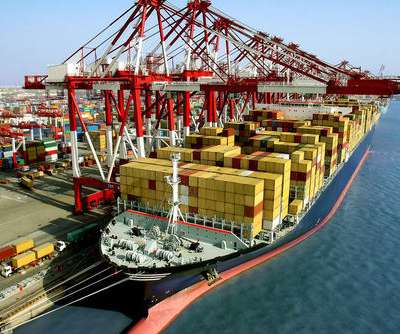Pandemic Lessons For Supply Chain Leaders
Supply Chain Shaman
FEBRUARY 18, 2021
Next Steps: Start to model demand based on market data to align the organization on baseline demand. Resist the temptation to place deeper analytics on top of existing data models. Instead, rethink the model and the approach. Out of desperation, they turned to the use of descriptive analytics. Next Steps.
















Let's personalize your content